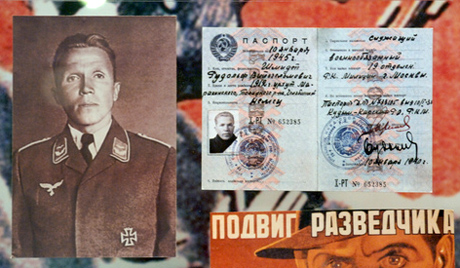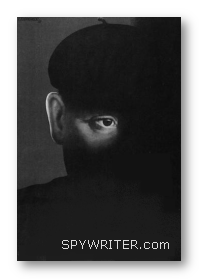
A great opportunity to celebrate books and their authors: writers who were born or died this coming week. Buy or borrow books, and immerse yourself in reaading - a kind of Paradise. "I have always imagined Paradise as a kind of library" Jorge Louis Library
Born this week:
Bohumil Hrabal, Czech Republic
"'It's interesting how young poets think of death while old fogies think of girls."
Mario Vargas Llosa, Peru
"Reading changed dreams into life and life into dreams."
John Fowles, UK
"A novelist has to enter deeper exile still. In most outward ways the experience was depressive, as many young would-be writers and painters who have ever gone to Greece have discovered. We used to have a nickname for the sense of inadequacy and accidie it produced – the ‘Aegean blues’. One has to be a very complete artist to create good work among the purest and most balanced landscapes on the planet…The Greece of the Islands is Circe still; no place for the artist-voyager to linger long, if he cares for his soul."
Antoine Prevost, France
"Do you really think one can be truly loving when one is short of bread?"
Edmond Rostand, France
"To joke in the face of danger is the supreme politeness, a delicate refusal to cast oneself as a tragic hero."
Milan Kundera, Czech Republic
"A novel that does not uncover a hitherto unknown segment of existence is immoral. Knowledge is the novel's only morality."
Hans Christian Andersen, Denmark
"His own image; no longer a dark, gray bird, ugly and disagreeable to look at, but a graceful and beautiful swan. To be born in a duck's nest, in a farmyard, is of no consequence to a bird, if it is hatched from a swan's egg."
Emile Zola, France
"There are two men inside the artist, the poet and the craftsman. One is born a poet. One becomes a craftsman."
Died this week:
Virginia Woolf, UK
"A light here required a shadow there."
Stephen Leacock, Canada
"I detest life-insurance agents: they always argue that I shall some day die, which is not so."
Eugene Ionesco, France
"The absence of ideology in a work does not mean an absence of ideas; on the contrary it fertilizes them."
Peter Ustinov, UK
"Beliefs are what divide people. Doubt unites them."
Karl May, Germany
Author of popular adventure novels.
Charlotte Bronte, UK
"Novelists should never allow themselves to weary of the study of real life."
Enid Bagnold, UK
"A father is always making his baby into a little woman. And when she is a woman he turns her back again."
Ferenc Molnar, Hungary
Asked how he became a writer: "In the same way that a woman becomes a prostitute. First I did it to please myself, then I did it to please my friends, and finally I did it for money."
Graham Greene, UK
"The moment comes when a character does or says something you hadn't thought about. At that moment he's alive and you leave it to him."






 "I don't care for politics in general. A writer's place in a society and all that talk. The truth is that I write to express myself. I write for myself. Society, whatever it may be, is not my boss, I'm not a priest of a prof
"I don't care for politics in general. A writer's place in a society and all that talk. The truth is that I write to express myself. I write for myself. Society, whatever it may be, is not my boss, I'm not a priest of a prof